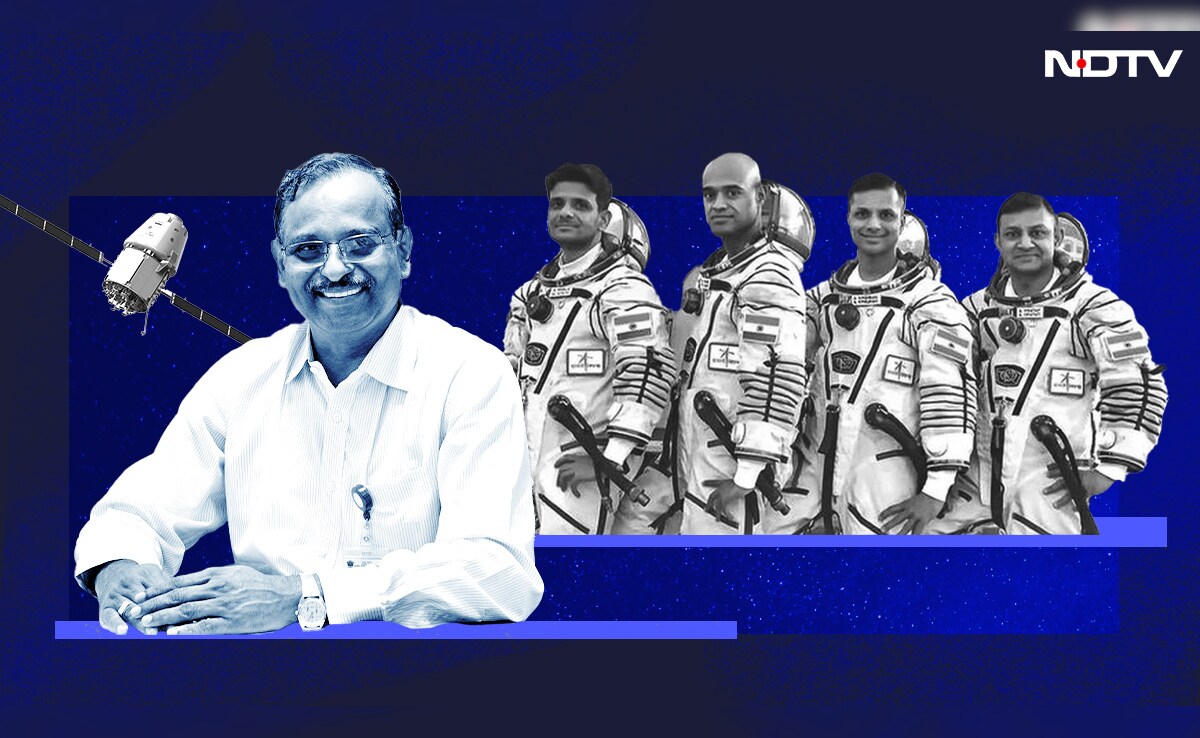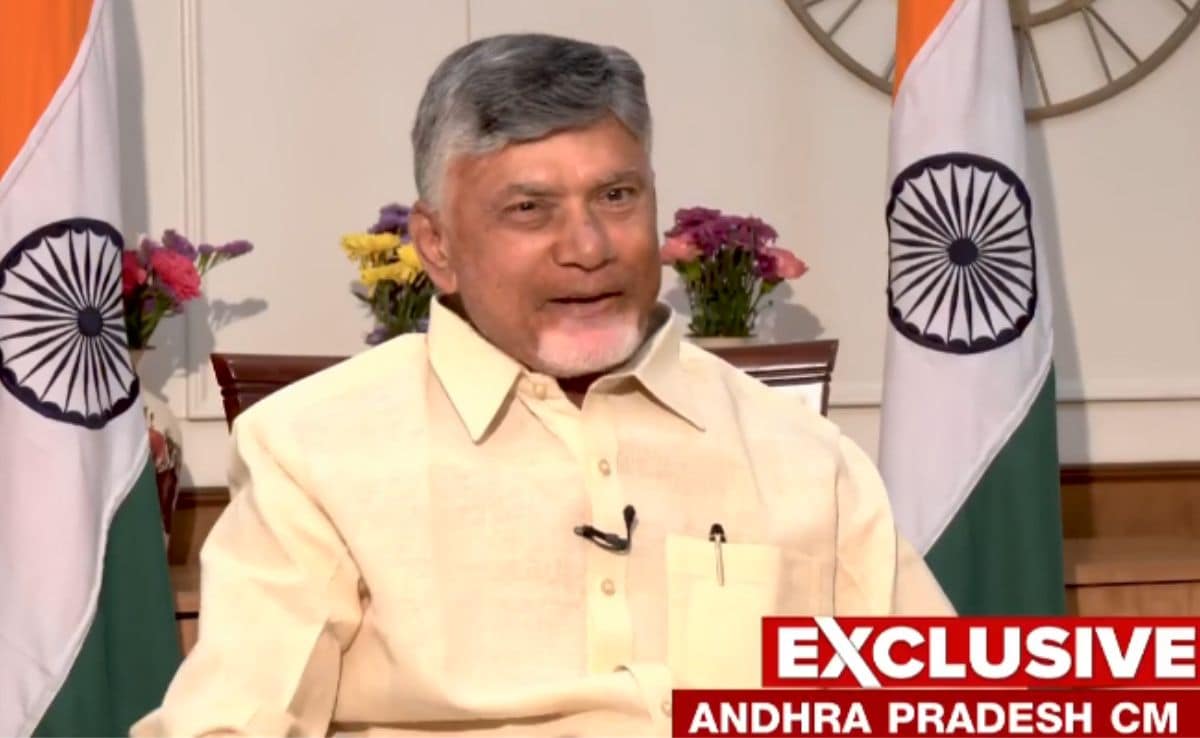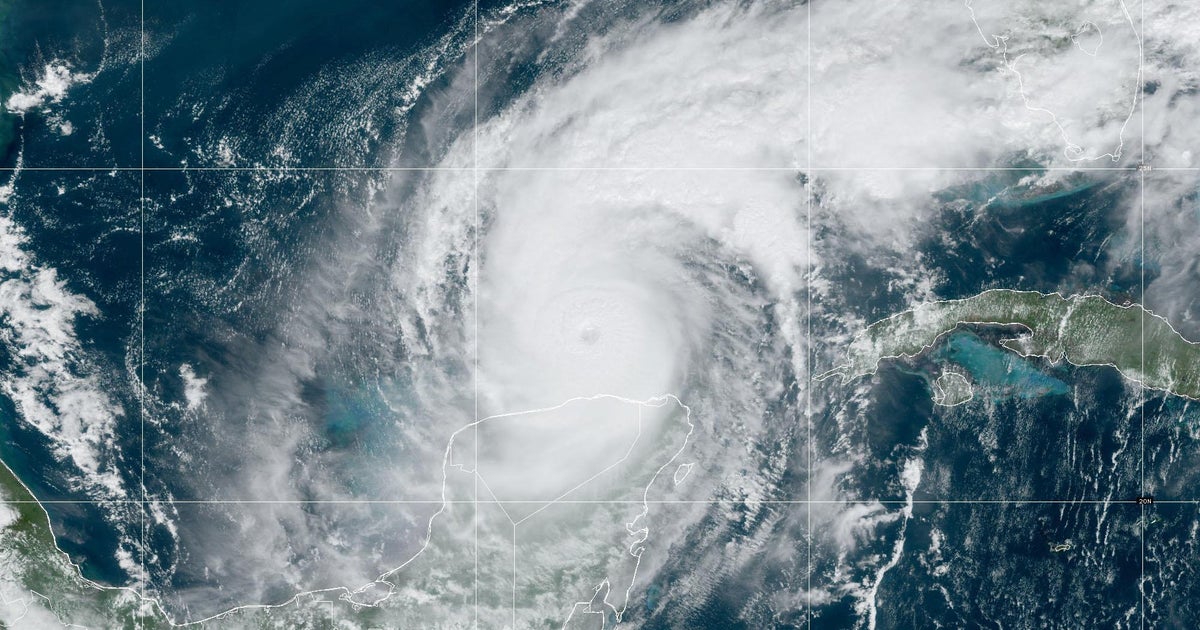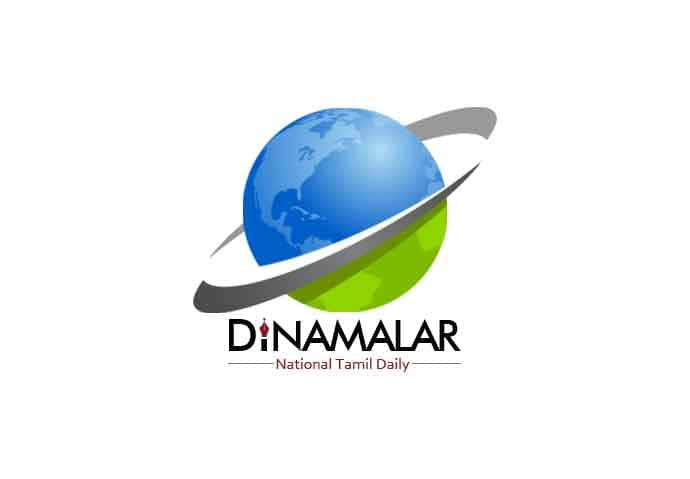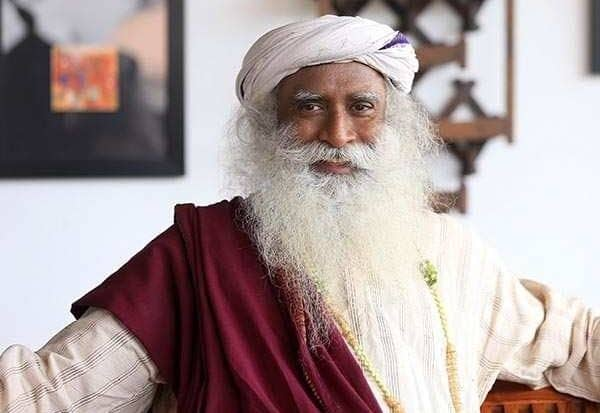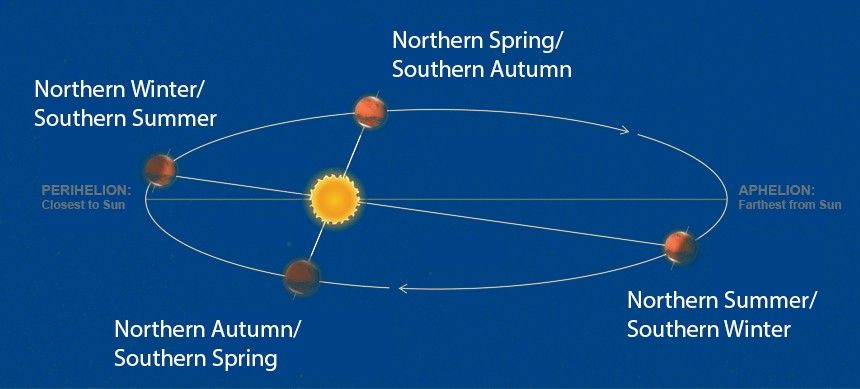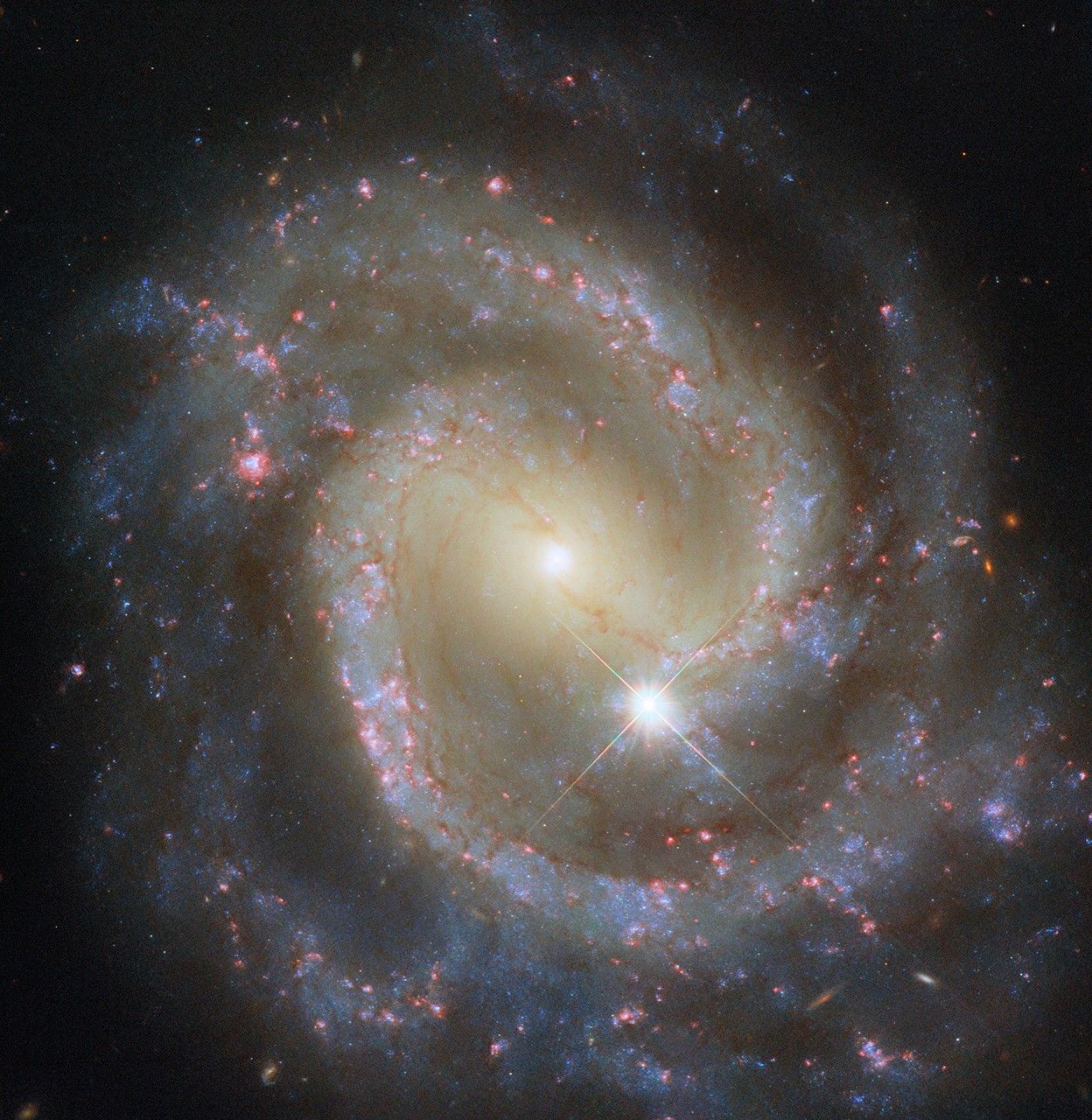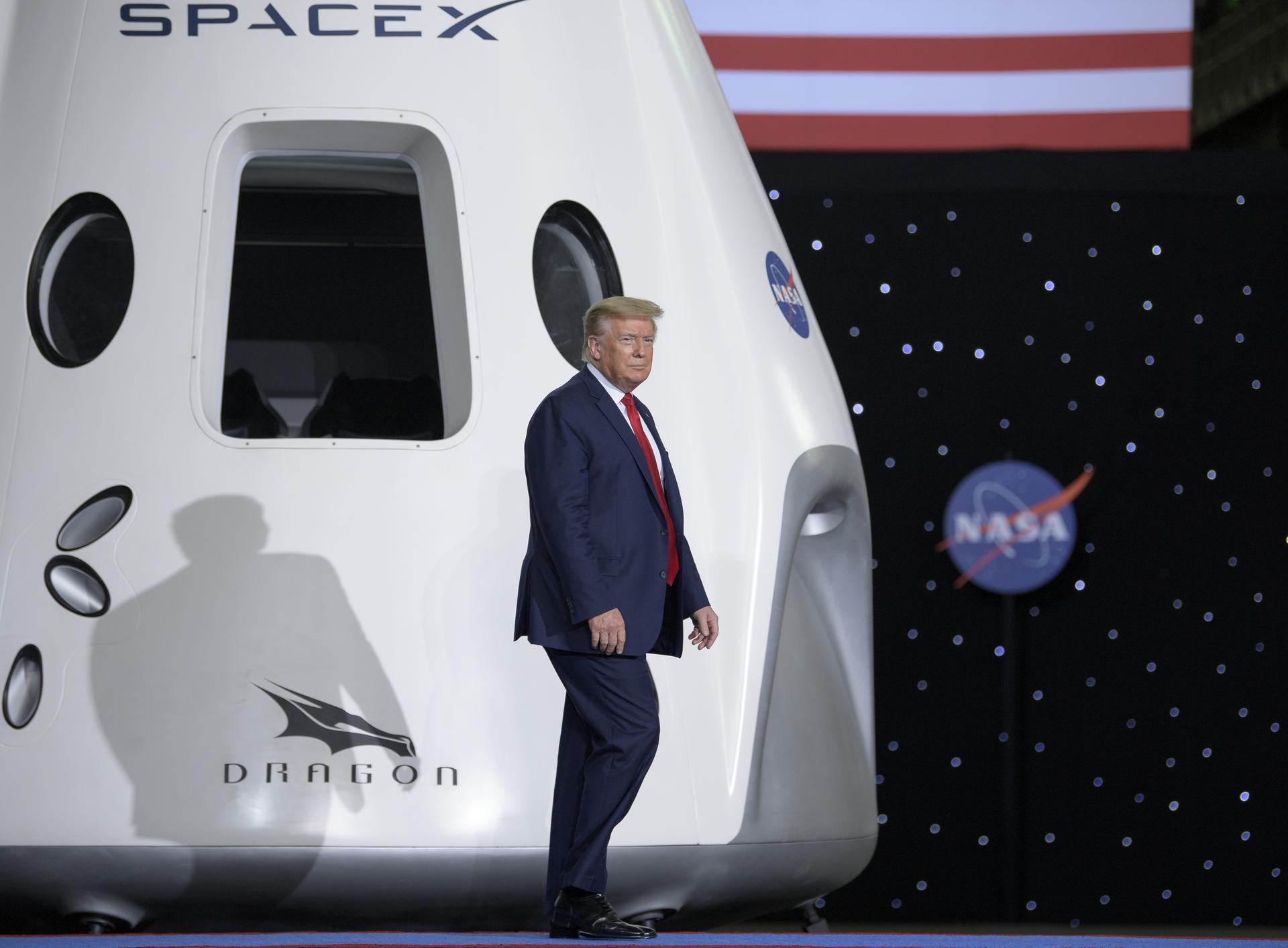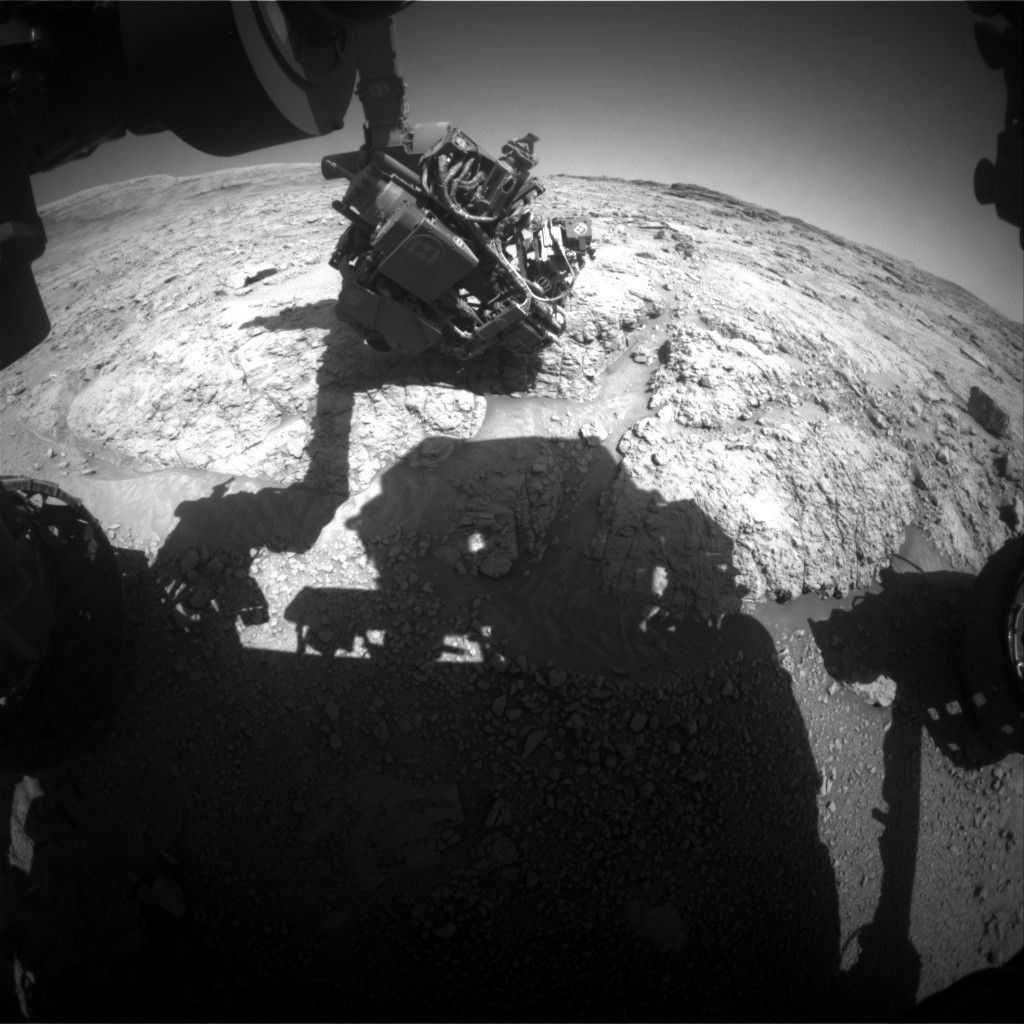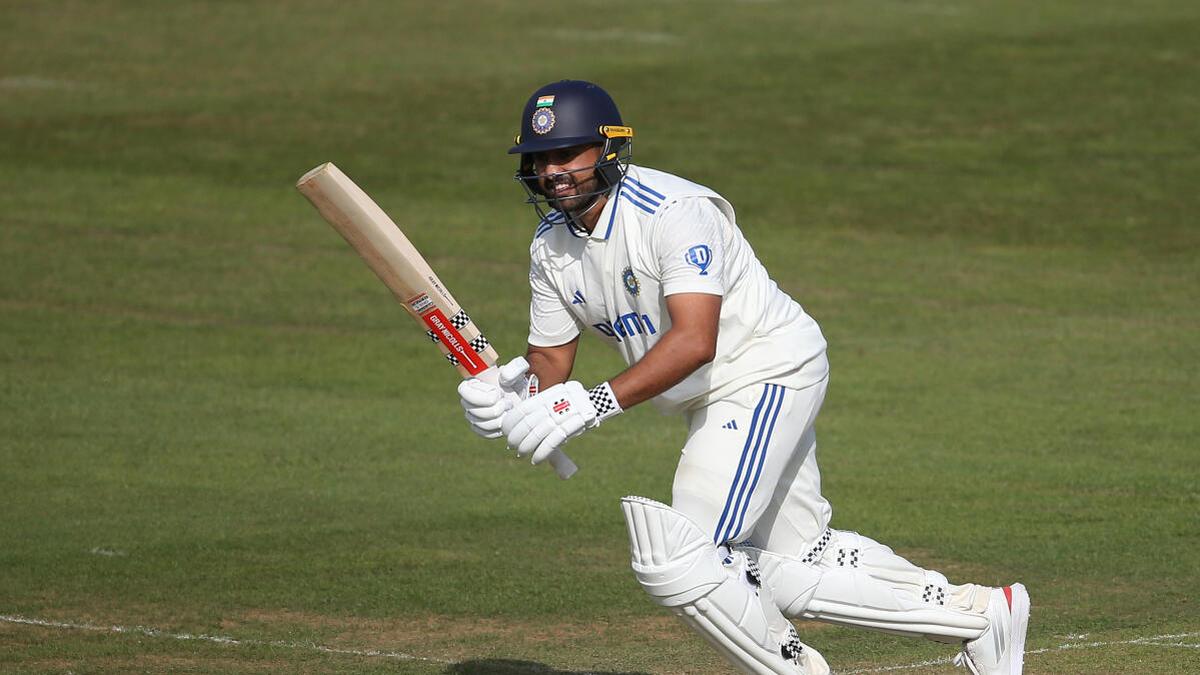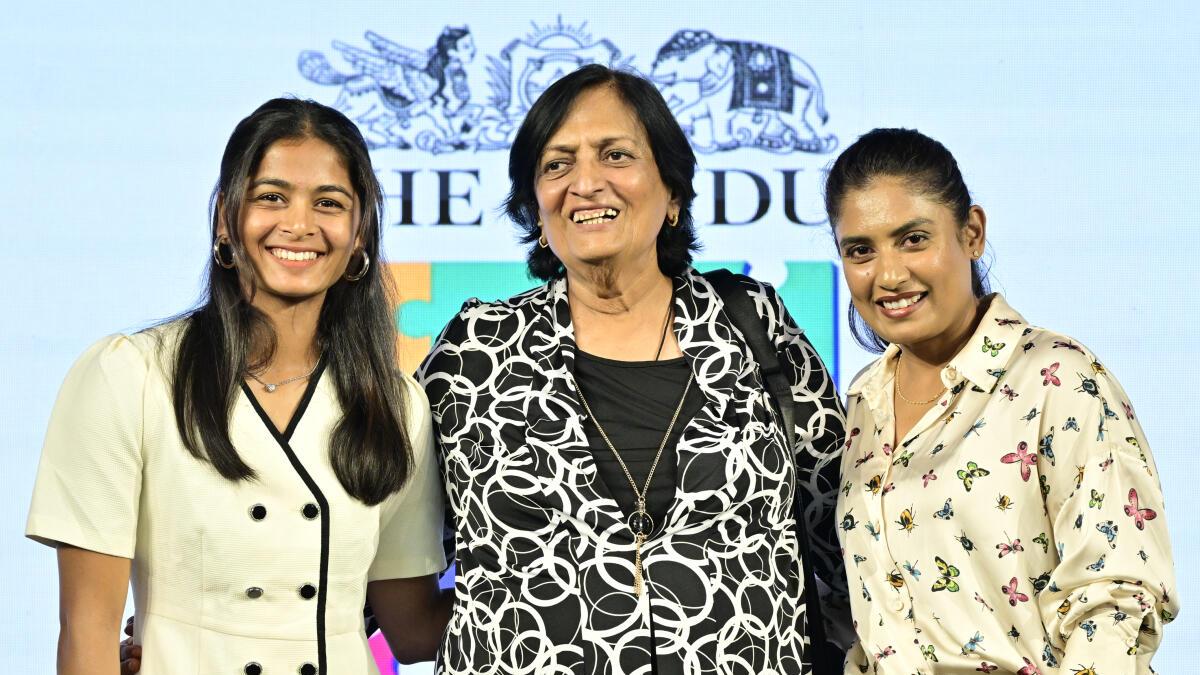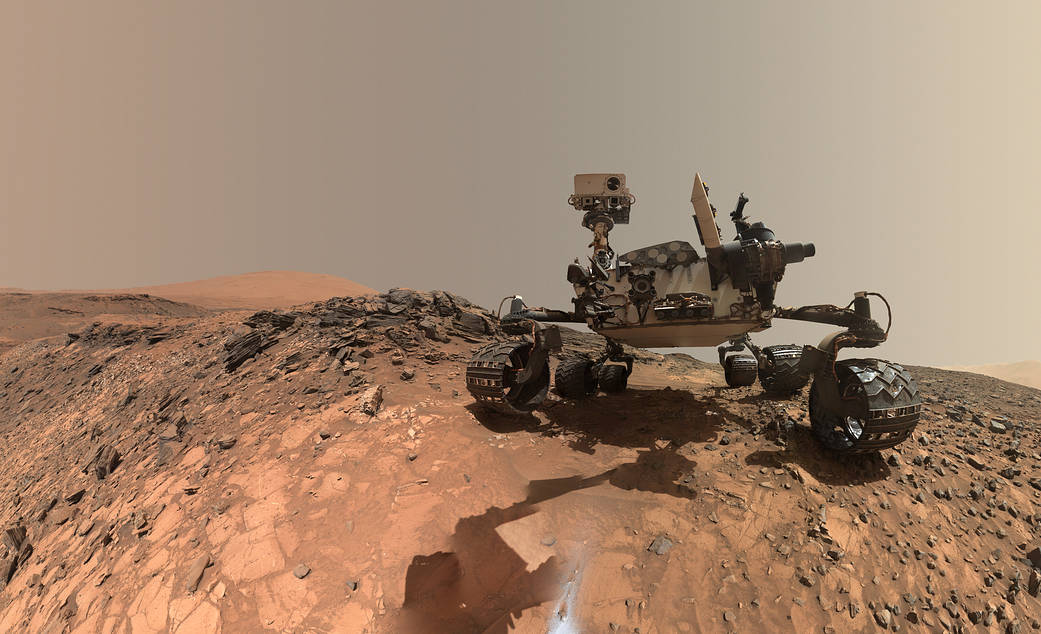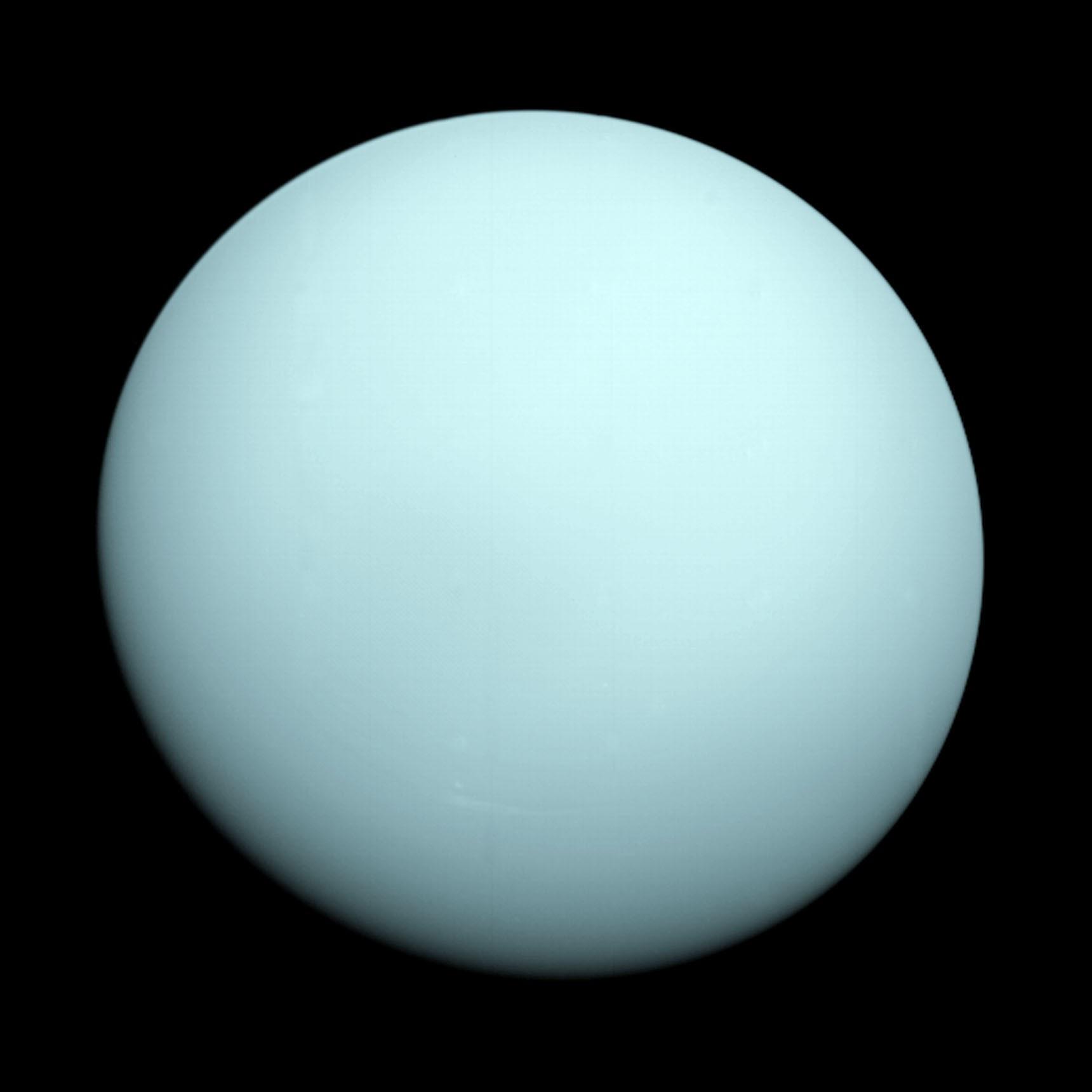NASA, Health and Human Services Highlight Cancer Moonshot Progress
During an event at NASA Headquarters in Washington Thursday, NASA Administrator Bill Nelson and U.S. Department of Health and Human Services (HHS) Secretary Xavier Becerra united to note progress their respective agencies are making in space and on Earth toward President Biden and First Lady Jill Biden’s Cancer Moonshot initiative. “We go to space not […]
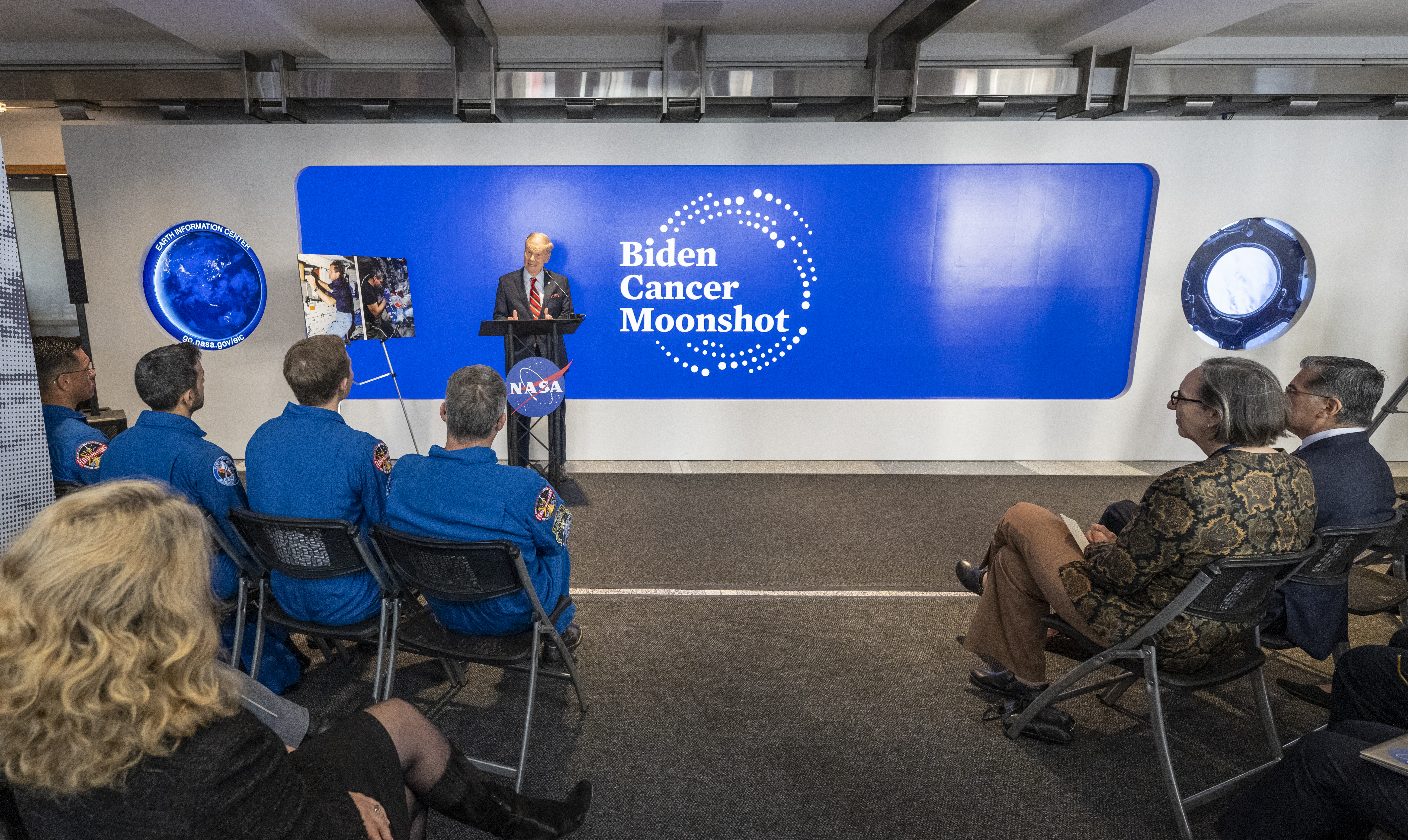
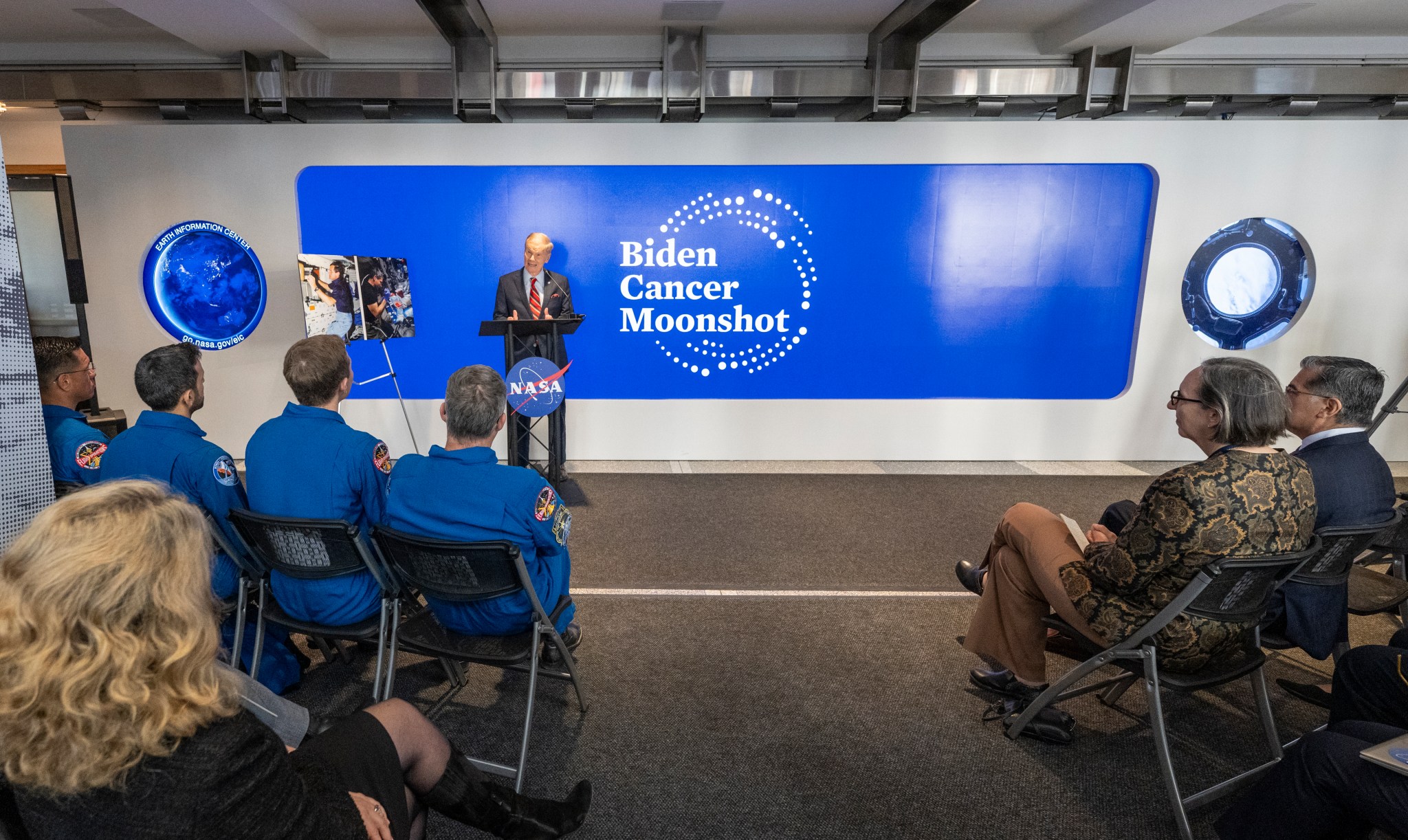
During an event at NASA Headquarters in Washington Thursday, NASA Administrator Bill Nelson and U.S. Department of Health and Human Services (HHS) Secretary Xavier Becerra united to note progress their respective agencies are making in space and on Earth toward President Biden and First Lady Jill Biden’s Cancer Moonshot initiative.
“We go to space not just to explore the stars, but to improve life here on Earth,” said Nelson. “In that microgravity environment, NASA is studying cancer growth—and the effect of cancer treatments— much faster than we can on Earth. I am grateful for President Biden’s leadership as we continue to make moonshot after moonshot to end cancer as we know it.”
Also participating in the event was Dr. W. Kimryn Rathmell, director of the National Cancer Institute, as well as NASA astronauts Stephen Bowen and Frank Rubio, both of whom each recently served extended science missions 250 miles off the Earth aboard the International Space Station where they conducted cancer-related research.
As the second leading cause of death in the United States, the President and First Lady’s Cancer Moonshot is a national effort to end cancer. Nelson noted several related experiments space station astronauts have conducted aboard the orbital laboratory for the benefit of all including protein crystal growth, nanoparticle drug delivery, tissue engineering, and stem cell research.
In addition to $2.9 billion across HHS in the President’s fiscal year 2025 budget proposal, Becerra discussed his agency’s capabilities to accelerate progress toward the President’s moonshot goals.
“Eliminating cancer as we know it is a goal that unifies the country,” said Becerra. “We all know someone, and most of us love someone, who has battled this terrible disease. As we did during the race to the Moon, we believe our technology and scientific community are capable of making the impossible a reality when it comes to ending cancer as we know it.”
The backdrop for the event was NASA’s Earth Information Center, which provides access to NASA satellites and other data to see how our planet is changing.
NASA is working with HHS and researchers across the federal government to help cut the nation’s cancer death rate by at least 50% in the next 25 years, a goal of the Cancer Moonshot Initiative.
Learn more about Cancer Moonshot at:
https://www.whitehouse.gov/cancermoonshot/
-end-
Faith McKie / Cheryl Warner
Headquarters, Washington
202-358-1600
faith.d.mckie@nasa.gov / cheryl.m.warner@nasa.gov
Renata Miller
Health and Human Services, Washington
202-570-8194
renata.miller@hhs.gov
What's Your Reaction?








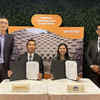

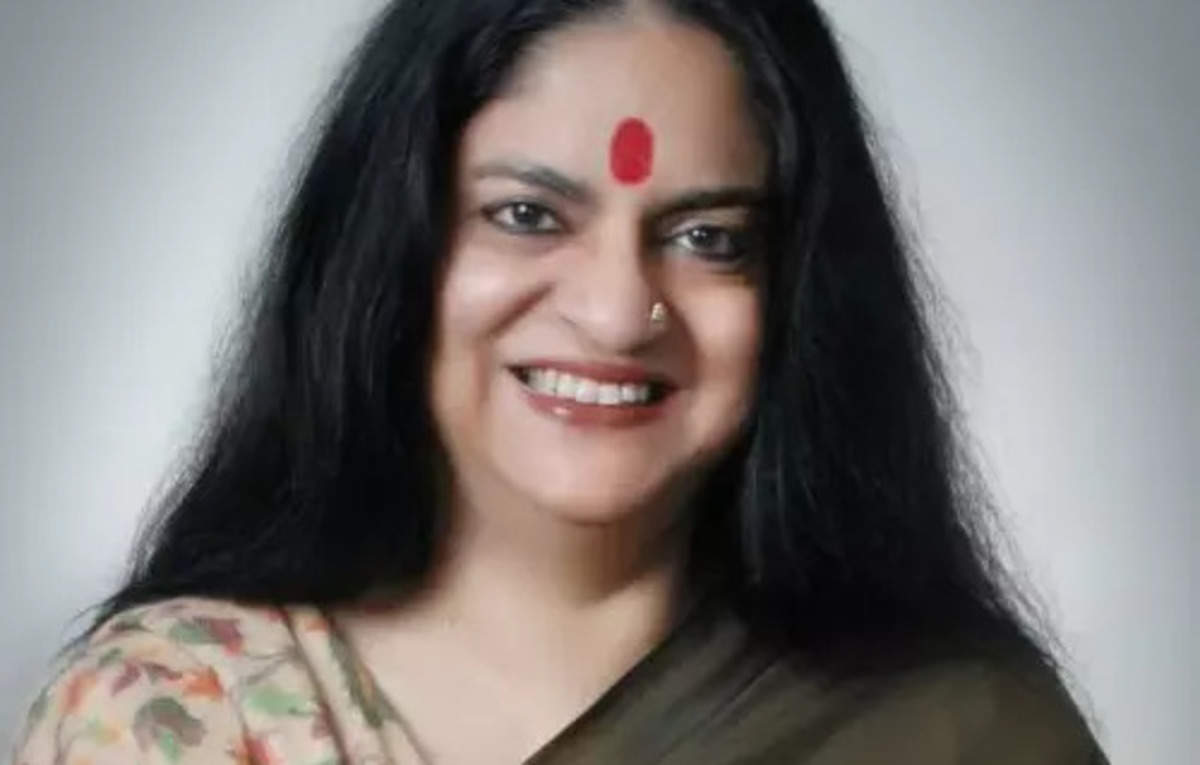








.jpg?#)

